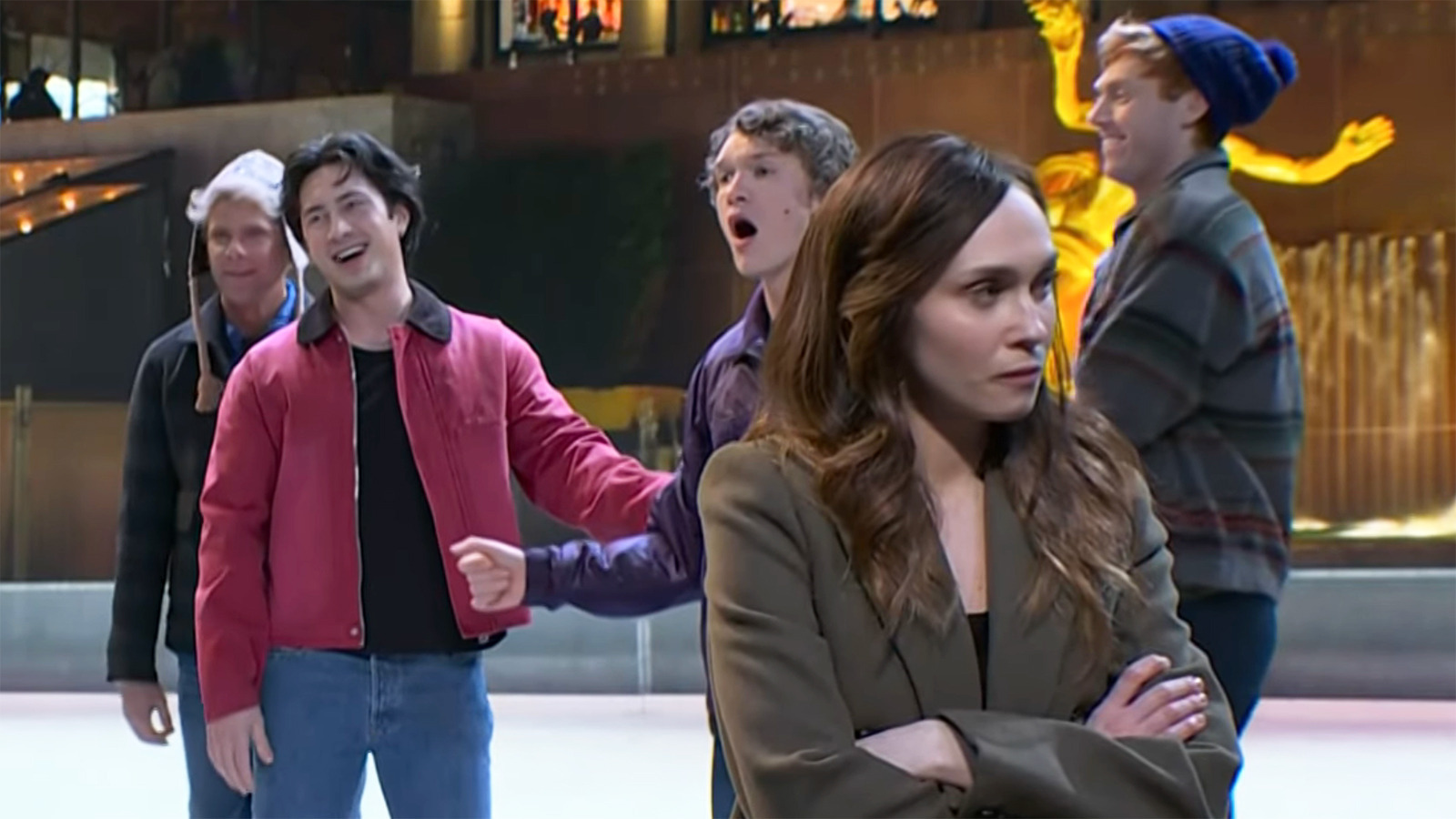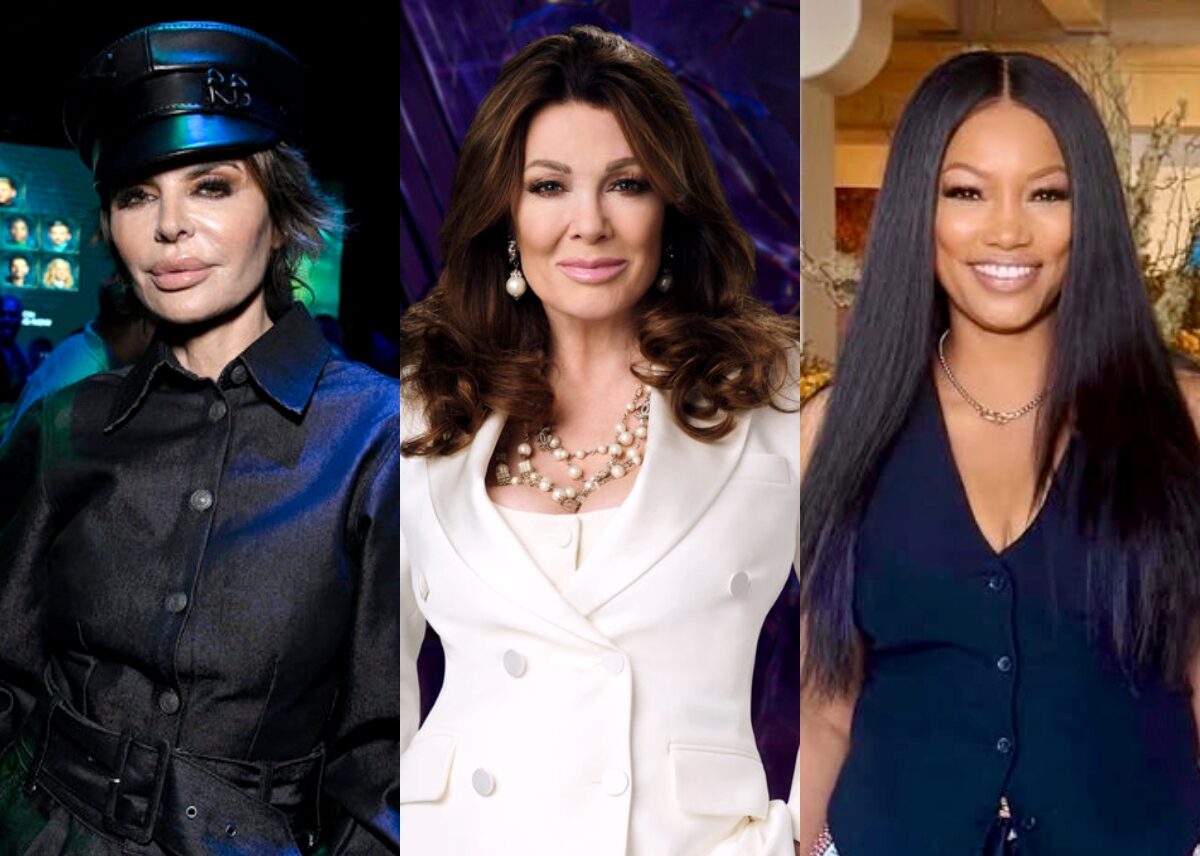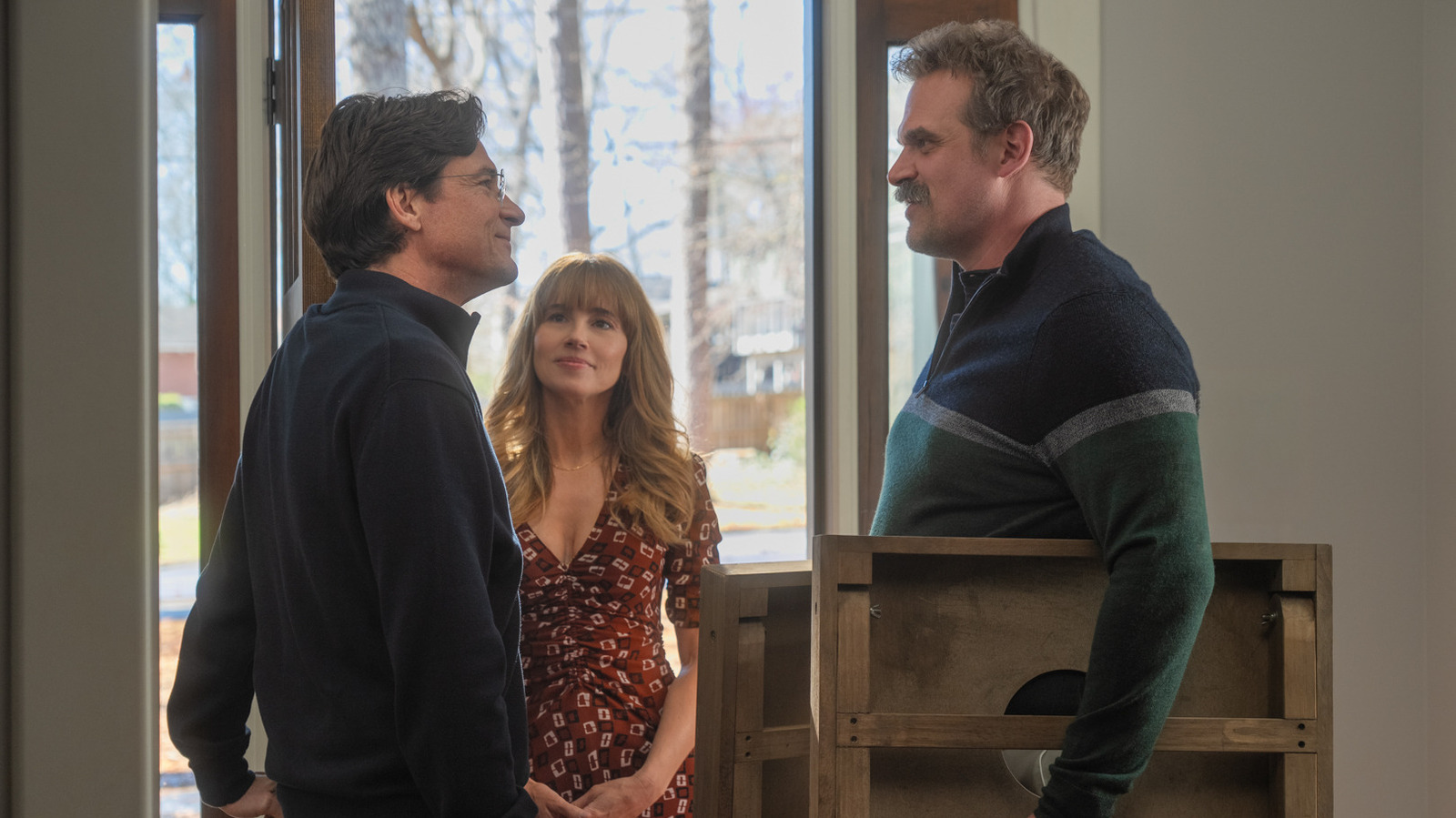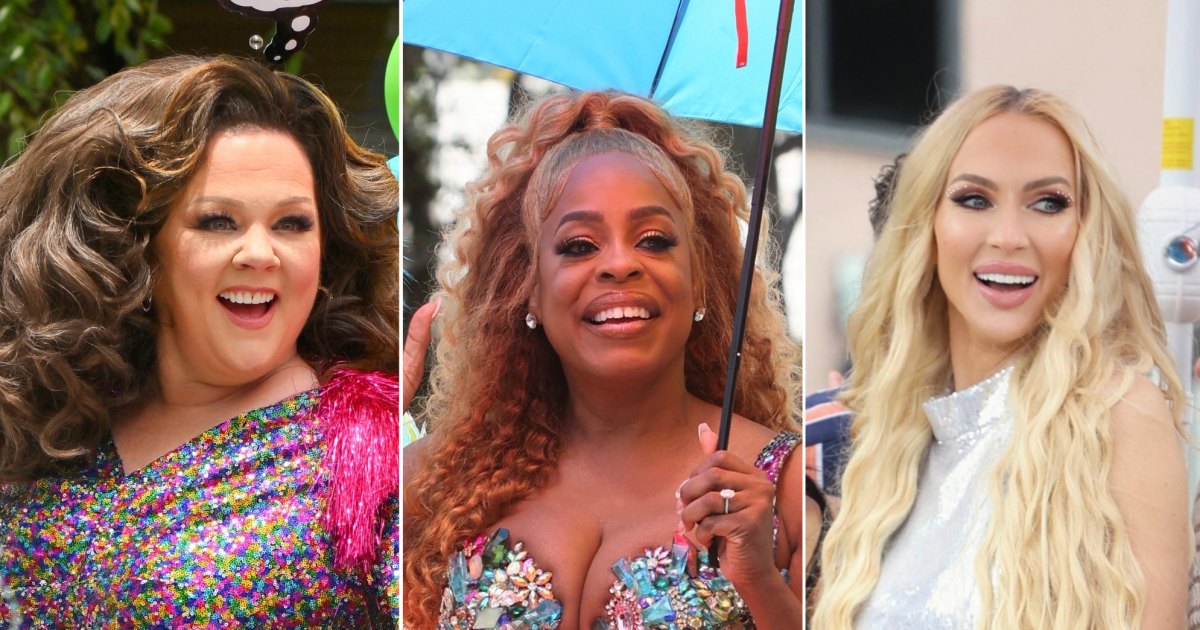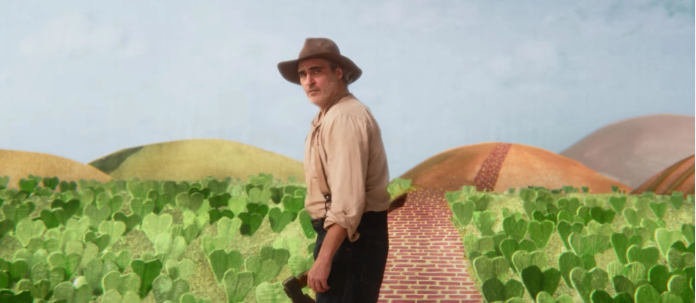
Ari Aster is one of the most talented filmmakers to come out of the new wave of horror; his memorable Hereditary shocked the living daylights out of me when I saw it on the back of whatever Jurassic World film came out in 2018. Midsommar followed up in 2019 – I was working in a cinema then; doing lates, and that was also the last film playing pretty much every evening for a few weeks as everything else had finished by then, so I’ve seen the final 30 minutes of that film at least 50 times, if not moreso – so it’s safe to say I was looking forward to Beau is Afraid. And oh boy, I don’t think I was quite – even as an Aster fan, expecting anything like this.

Beau is Afraid is a unique experiment designed to see how many people, even fans of Aster – it can annoy. Career-ender, the early hyperbolic reactions called it. Flop, they called it – but they’re all wrong: this is one of the most inventive, important works of film in the last few years – a shining light to the example of a man coming good on the promise made by Martin Scorsese that he is “one of the most extraordinary new voices in cinema.” You’ll probably disagree after watching Beau, a movie capable of even alienating its die-hards; but I for one got completely on its wavelength, a three hour exploration of well, a man’s fear of returning home to his over-controlling mother, and the problems that arise from it.
The cinematography as with all of his films is fantastic. It’s well-crafted and the opening shots in the inner-city streets depicting a chaos where naked men stab people and a dressed up man hounds Beau as he returns from his therapist’s to his flat; frantically locking the door – it’s pure, unadulterated chaos. Aster would be the perfect fit to do a Mad Max movie, should George Miller decide he wants out going forward. We get an inside into Beau’s character, a lonely middle-aged man played by a stellar Joaquin Phoenix. He’s in top form here – when is he not? At capturing the vulnerabilities and emotionally-stunted nature of Beau brought about by his upbringing that we see in flashbacks, traumatising him. Events that follow proceed to traumatise him further. You were expecting a happier title? It’s Beau is Afraid, not Beau is Happy, for a reason.

What follows is a comedy of errors: Beau is given a tablet that he is told he cannot under any circumstances take without water. He takes it to calm himself down after his belongings are stolen on the verge of leaving his flat for a meeting with his mother, and then has to leave the flat without his keys – prompting the outside to be welcomed in, his apartment to be trashed – and he’s left with nowhere to go but home. No money, no travel tickets – he runs out into the street – without any clothes – and is hit by a truck. That’s just the first act of the film, and it sets a very high bar to what is to come – blending mystery, horror and comedy together – a puzzle box unfolding in a way that had me constantly guessing where it was going to go.
Beau is Afraid explores Beau’s psyche through flashbacks in a way that give us clues to how he turned out the way he is. We see past explorations of his mother’s influence on him; in his (sparse) love life and relationships with other characters – a flashback on a boat sees Beau befriend Elaine, played by Julia Antonelli, whose own mother is equally controlling – on a cruise ship, whilst in the present we see Beau encounter one eccentric character after an other: this is Aster forsaking the relative comforts of the horror genre in Hereditary and Midsommar in favour of new, uncharted waters – the set-piece at the home of a rich family who are sheltering a war veteran played by Denis Menochet gives the storyline its next sense of growth and danger – Menochet is terrifying but also deeply comical in his character; confirming his status as one of Europe’s best actors one level further, and then we get to a beautiful scene in the forest at a traveling theatre company where the film traverses into mythology – we get to see Beau’s life imagined through animated play; flowing wonderfully from one scene to the next. The pacing slows as we get a story within a story, but I was enthralled by the beauty of it all – a sheer accomplishment if there ever was one.

The relationship between Beau and his mother is one of control and back and forth: we don’t meet her in person until the final act in the present day; but her presence is everywhere on the story. The final act leads to plenty of revelations – not in the least between one of the funniest reunion sequences between Beau and an older Elaine, now played by Parker Posey – that sets it to a Mariah Carey song and is heavily influenced by Twin Peaks: The Return (specifically, the Ed/Nora scene), but had my audience roaring with laughter at what followed; building tremendously on one of the film’s more absurd uses of Chekov’s gun in cinema history. Patti LuPone is a force of nature, controlling, terrifying – and as the movie treads into absurd territory she owns every second of it – if you’re on the film’s wavelength you’ll love it but it treads into WTF territory pretty quickly from then, maybe a touch too many WTFs to mention.
But Beau is Afraid is a rabbit hole that’s worth jumping headfirst into regardless of whether you’ll love it or hate it. You’ll probably hate it. But you can’t argue there’s nothing else quite like it over the last few years: absolutely deranged cinema.


